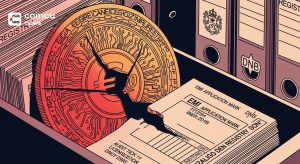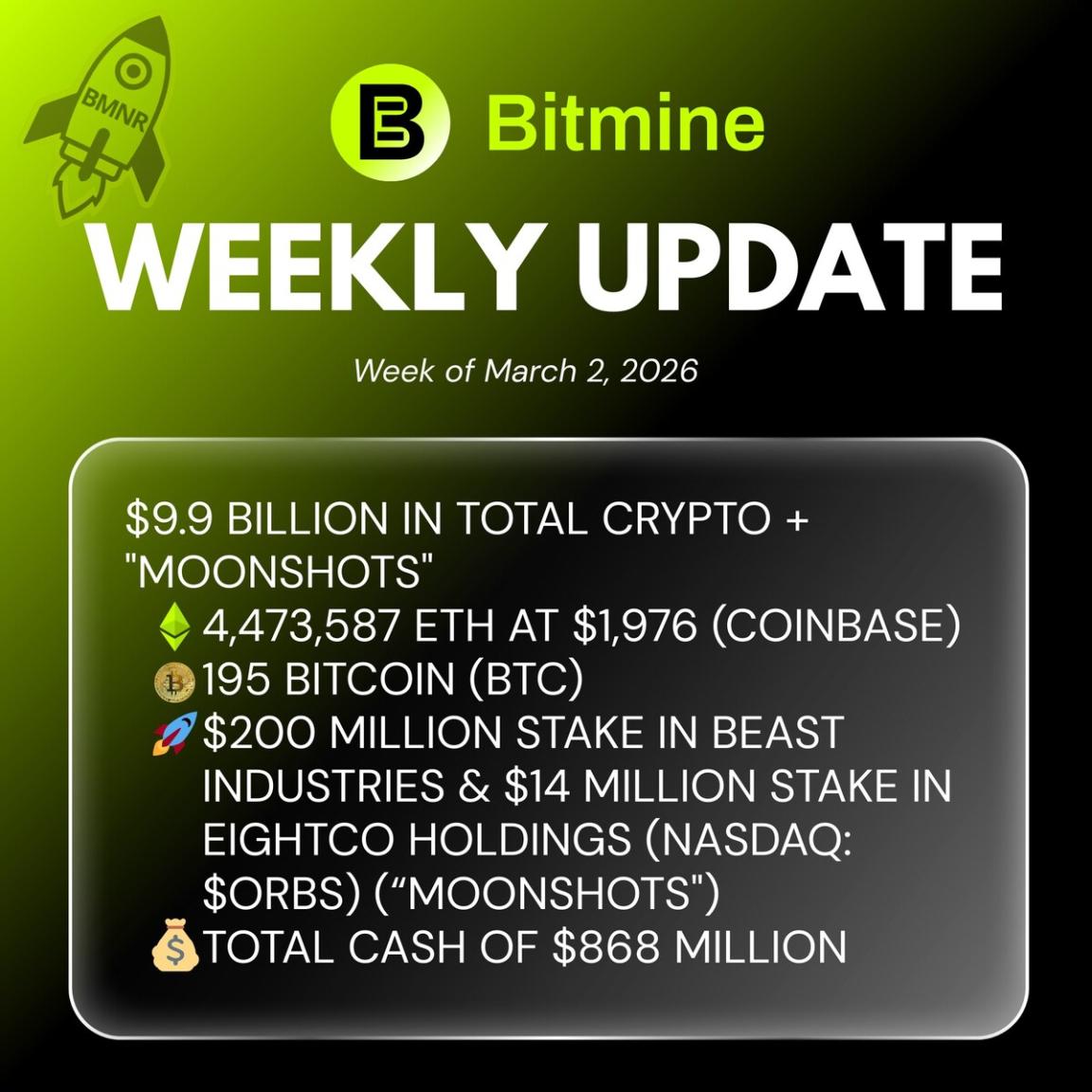Key Points:
- Middle East sees a 166% surge in crypto trading, and UAE leads with a 72% adoption rate.
- UAE crypto adoption boom attributed to regulatory support and Bitcoin’s appeal.
- Global exchanges are preferred over local ones due to higher asset variety and liquidity.
Crypto adoption in the Middle East, particularly in the United Arab Emirates (UAE), has surged significantly, according to a recent report by Bitget Research.

UAE Crypto Adoption Leads in Middle East
The study reveals a remarkable 166% increase in daily crypto traders over the past year, with the UAE crypto adoption leading the region in total holders.
In 2024, the average daily crypto traders locally reached 500,000, as highlighted in the report. Notably, 72% of local users in the UAE are investing in Bitcoin (BTC), showcasing the country’s dominance in crypto adoption within the region.
The report attributes this surge in interest to various factors, including the approval of spot Bitcoin ETFs and the continuous rise in the total market value of cryptocurrencies. Additionally, the crypto-friendly regulations have played a significant role in fostering the UAE crypto adoption.
Global Exchanges Trump Local in Middle East Crypto Scene
Despite the growing interest in cryptocurrencies, the demand for local exchanges remains limited, with global centralized exchanges being the preferred choice for investors in the Middle East. This preference is likely due to the higher diversity and liquidity of assets offered by global platforms compared to local exchanges.
Furthermore, the study indicates that digital assets are increasingly seen as a convenient method for storing wealth, with 29% of users expressing this sentiment. Additionally, 34% of users are actively engaged in cryptocurrency trading, while 22% utilize cryptocurrencies for daily payments.
However, amidst the positive momentum in crypto adoption, the Middle East experienced a sharp downturn in the cryptocurrency market in mid-April. The escalating tensions between Israel and Iran have contributed to this market instability.
| DISCLAIMER: The information on this website is provided as general market commentary and does not constitute investment advice. We encourage you to do your own research before investing. |






















